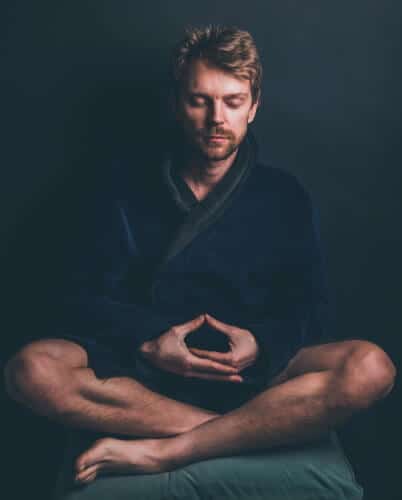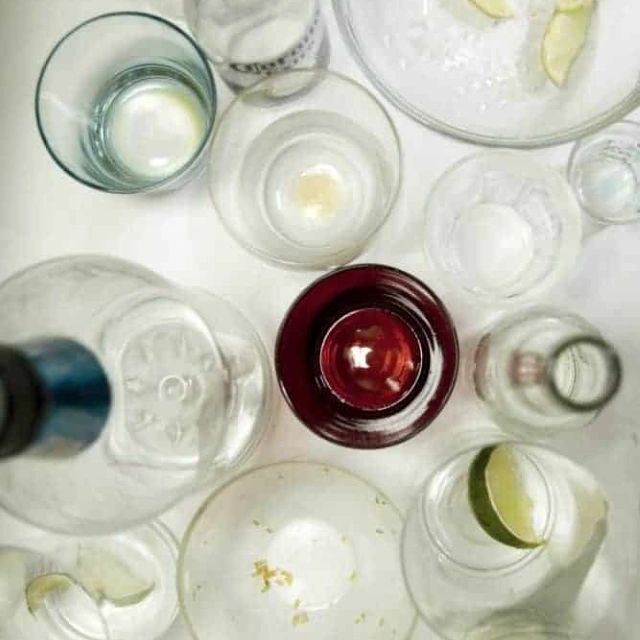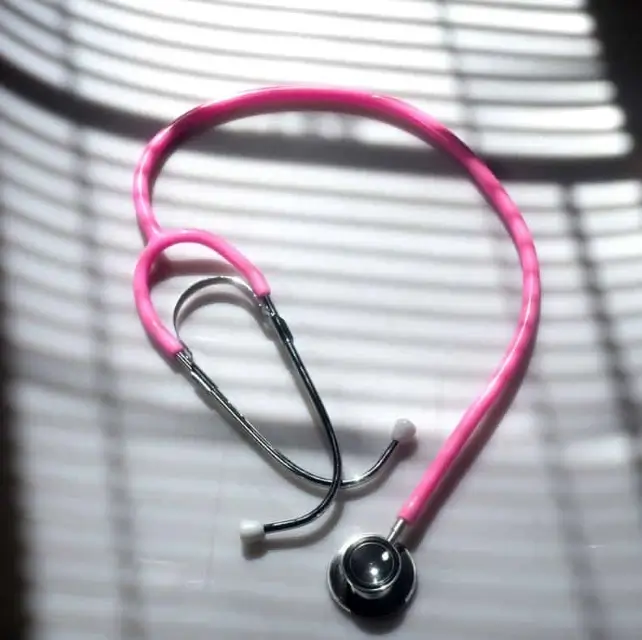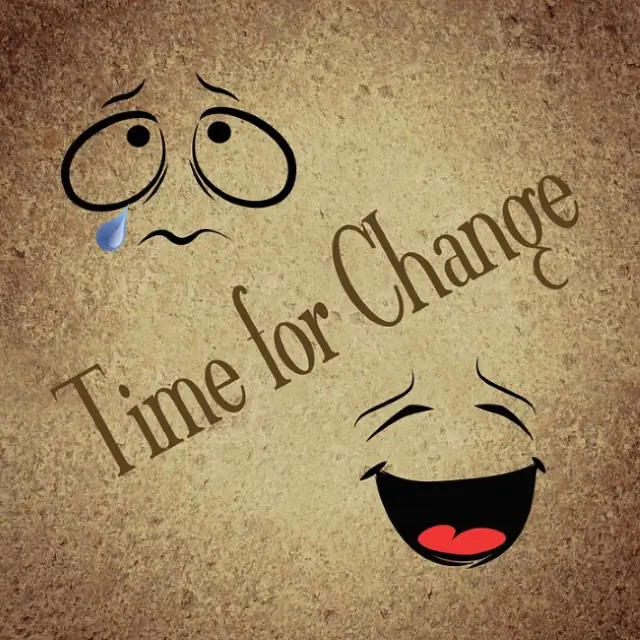Alcohol Rehab – The contribution of Holistic Treatments
Whilst we are drinking heavily and going along the road towards getting help, we will emotionally and physically suffer from the amount of alcohol that we consume plus the daily increase in volume as our body becomes more tolerant to the effects of alcohol. If required, when we are admitted to a residential alcohol rehab, we will be given supervised prescribed medication by doctor, who will know how safely to assist with any effects of stopping and withdrawing from alcohol. However, there is also a holistic approach and treatments that will further help the body and mind and assist with the emotional and physical pain we have been suffering.
Massage in alcohol addiction rehab
Massage has been used for many thousands of years and developed from an ancient practice of healing. It has been clinically proven that massage can reduce pain and emotional distress. This is relevant for an alcohol detox as it is shown to aid physical and emotional recovery and to create a more positive alcohol detox process. It has been proven that massage will increase circulation and relax the muscle tissue relieving aches and pains. Pulse and respiratory rates are lowered, and mental feelings of tension are lessened.

At the Haynes Clinic we have a fully qualified masseuse who comes once a week to offer a massage service. It is not a compulsory part of treatment, but it is an additional extra available for those who choose it as an option – and assuming it fits in with your therapy programme.
During the residential group therapy process, you will be raising feelings from situations in the past that we are now sharing with others. Where previously we would have dealt with those feelings using our coping mechanism of alcohol and blocking them out, now we are learning ways of how to reduce stress in healthy ways, such as massage. It is critical in our ongoing Recovery to find new ways to cope with our feelings of stress. Massage is well known to reduce stress hormones, including cortisol, which affect the central nervous system.

Meditation in alcohol addiction rehab
Meditation has been proven to be a powerful but simple technique again to reduce stress and anxiety. During alcohol detox, meditation can assist with anxiety, insomnia, and depression by having a calming effect on the nervous system. A popular form is Mindfulness Meditation designed for stress management centred around meditation therapy. It is now also being widely used to help with depression, anxiety and hypertension. It is another practice that requires time and the initial help of a qualified trainer to be effective, but it is something that can change your mental state to a more positive one

Yoga
Yoga is another holistic therapy that is becoming more widely used in rehab units as part of the treatment programme. It is a Hindu spiritual and ascetic discipline or self discipline and includes breath control, simple meditation and the practice of adopting specific body postures. These practices are quite often continued when people have left treatment as they realise the positive results that are being produced and they want to maintain those benefits.
The idea behind Yoga is simply to set aside up to 30 minutes a day, to allow you to relax and process thoughts and feelings without the add on of anxiety and stress. Naturally, it will take time but continued practice has shown that it greatly improves outcomes and reduces stress and anxiety.
Acupuncture in Rehabilitation from Alcoholism
Within residential rehab, acupuncture, is seen as a “complementary medical practice.” Acupuncture has been around for thousands of years, and its benefits have been long proven. It is based on a theory that, in the human body, a problem is caused by disruptions to the flow of energy within the body.
A qualified therapist using very fine needles placed strategically just under the skin can unblock this flow of energy and restore the wellbeing of a body’s functions. Stress reduction and relief from pain would be the two primary benefits of acupuncture. It also helps with sleep and this is often a reason we offer it in The Haynes Clinic, an addiction rehab clinic.
There is a mapping of the body and the needles have to be gently placed in specific areas, called acupuncture points, which involve stimulating sensory nerves under the skin and in the muscles. This results in the body producing natural substances such as endorphins which are pain relieving. A single session of acupuncture will take between 20 minutes and one hour. The sterile needles are about a few centimetres long and very fine and are only used once. It is recommended that you have a course of several sessions.
In Conclusion
These forms of therapy have been clinically proven to have beneficial properties during residential alcohol treatment and as an aid to ongoing Recovery when people have completed their residential stay and returned home.
They would either all or individually help and form part of an ongoing treatment plan. However, on their own they are not the magic answer and should be used in conjunction with the 12 Steps and attendance at AA support groups, working with a Sponsor and attending Aftercare.
They are also not mandatory, but they can be an important add on. If you find that you have engaged with any of these forms of therapy and find them to be a help, then they can be a very positive addition to your life. They become more effective over a period of time, and all require the help of a qualified trainer or therapist. Remember that going into residential treatment is the start of a journey and these forms of therapy will help more as the individual becomes more accustomed to the structure of the therapy. To be able to just sit and feel comfortable inside is probably something we have never done but we can now, over time, miraculously achieve this.



